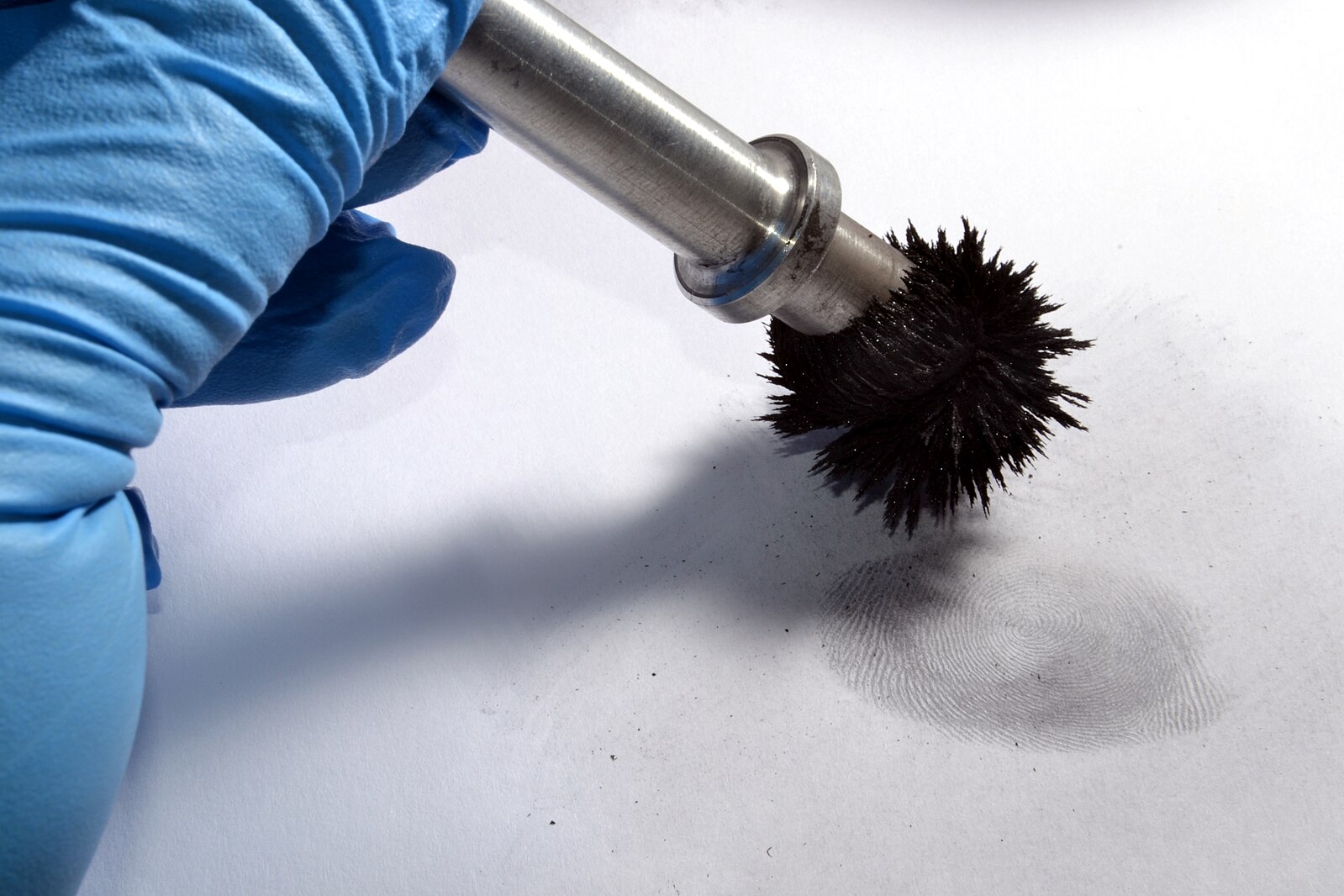Now Reading: Forensic Science Takes Centre Stage at UPSIFS Summit
-
01
Forensic Science Takes Centre Stage at UPSIFS Summit

Forensic Science Takes Centre Stage at UPSIFS Summit
The Uttar Pradesh State Institute of Forensic Science (UPSIFS) has emerged as a beacon for forensic advancement, hosting a landmark three-day International Forensic Science Summit inaugurated by Chief Minister Yogi Adityanath. This prestigious event, timed with the third foundation day of UPSIFS, gathered over 100 distinguished experts from India and around the world to discuss dynamic challenges in forensic science, including cybercrime, forensic applications, international legal frameworks, and collaborative countermeasures.
Key highlights included the inauguration of state-of-the-art Drone and DNA laboratories at UPSIFS and the launch of forensic vans across 75 districts. These steps are designed to integrate cutting-edge technologies into crime scene investigation, boost lab capacity, and enhance training programs for police, scientists, and aspiring forensic professionals.
Over the past eight years, Uttar Pradesh has demonstrated remarkable progress—expanding from four forensic labs to twelve, with six more in development. This rapid expansion, aligned with the state’s “zero-tolerance” crime policy, has reduced evidence analysis delays and expedited the delivery of forensic reports to authorities. Advanced systems, such as the National Automated Fingerprint Identification System (NAFIS), have digitised and indexed over 4.14 lakh fingerprints, securing Uttar Pradesh the top rank in national fingerprint digitisation efforts.
The recent implementation of new criminal laws has driven the recruitment of specially trained forensic scientists, further cementing the role of scientific evidence in legal proceedings. Forensics—especially in cybercrime cases—now forms the backbone of effective investigations and successful convictions.
As trainee scientists, investigators, and students master emerging techniques at UPSIFS, Uttar Pradesh is being positioned as both a national and international hub for forensic science excellence, signalling a new era of technology-driven justice.









